Essential Questions Startup Founders Need To Ask Their PPC Team
Contributors:
Amol Ghemud
Published: July 22, 2022
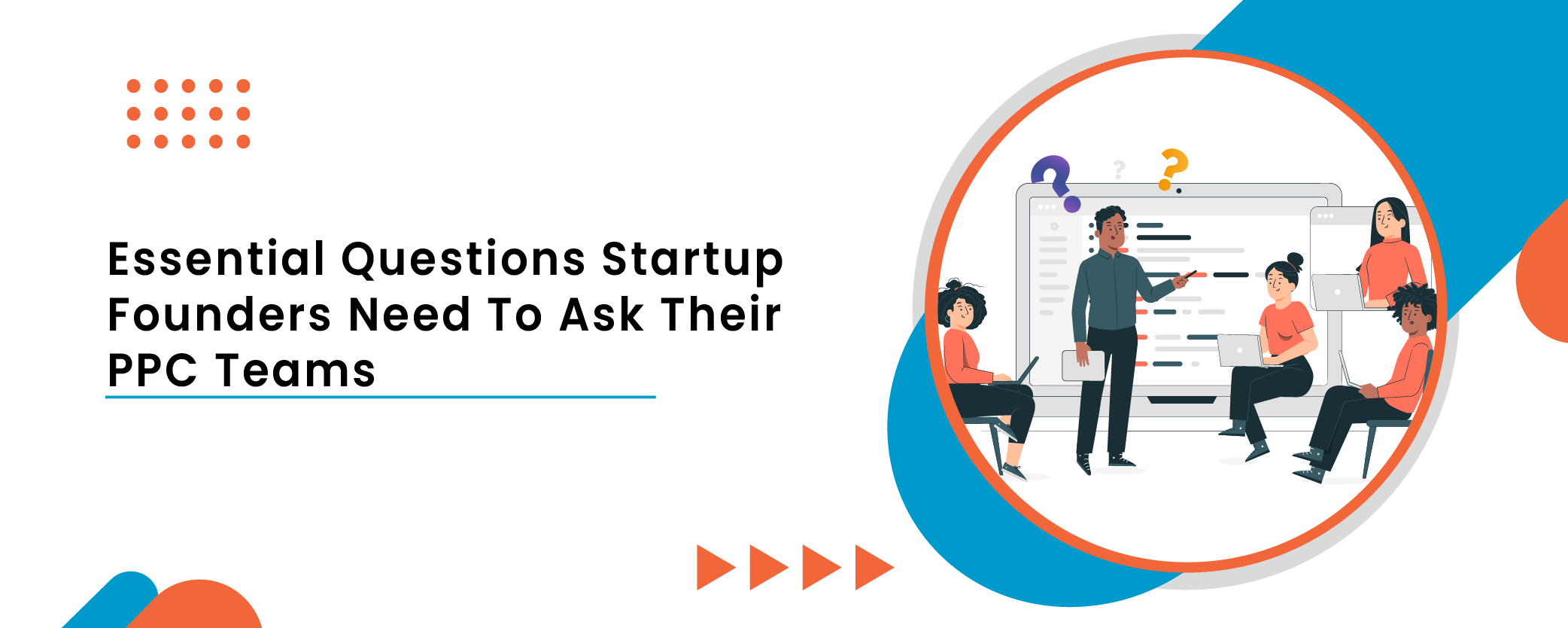
Summary
The article emphasizes the importance for startup founders to thoroughly evaluate their PPC (Pay-Per-Click) teams to ensure effective and efficient advertising campaigns. Key considerations include understanding the team’s approach to campaign strategy, keyword selection, budget allocation, and performance tracking. Founders are encouraged to ask about the team’s experience with startups, their methods for optimizing ad spend, and how they plan to align PPC efforts with the startup’s overall marketing goals. By addressing these questions, startups can ensure their PPC campaigns are data-driven, cost-effective, and aligned with their growth objectives.
For early-stage startups, marketing spend must deliver returns—and fast. While SEO lays the foundation for long-term growth, PPC (pay-per-click) gives you immediate visibility and lead flow. But launching PPC isn’t just about picking keywords and placing bids. It’s about strategic execution, intelligent targeting, compelling creative, and rigorous optimisation.
As a founder, your job isn’t to run ads yourself—but to ask sharp questions, align your PPC team with your growth goals, and ensure every rupee spent returns measurable value. In today’s landscape, that also means knowing how your team is leveraging AI to drive faster, smarter campaign decisions.
Why Founders Need AI-Led PPC Clarity?
Modern PPC isn’t built on spreadsheets and guesswork. It’s built on AI-powered bidding algorithms, predictive targeting, automation workflows, and real-time data visualisation.
Founders need to understand if their PPC team is:
- Using AI to automate and optimise ad delivery
- Segmenting audiences based on behaviour, not just demographics
- Running A/B tests to improve conversion rates
- Allocating budget dynamically based on real-time ROAS
Let’s break down the essential PPC roles—and the questions you must ask across strategy, execution, content, and analytics to ensure your paid media is not just active, but working.
Ask the Marketing Manager: “How Do You Align PPC With Overall Growth?”
Your marketing lead sets the tone for strategy and budget allocation. They’re responsible for identifying high-ROI channels, aligning ads with product goals, and using performance data to adjust course.
Key Questions to Ask:
1. What’s our sales lift from PPC?
Is PPC contributing to revenue growth or just clicks? Your marketing manager should share how campaigns are driving conversions—trial signups, purchases, or form fills—and how those users perform over time.
2. Are we tracking full-funnel performance?
Ask how your team connects ad clicks to deeper metrics like time on site, repeat visits, or LTV. Funnel performance shows whether you’re attracting the right users—not just traffic volume.
3. What’s the Total Conversion Value by Campaign?
You’re paying for clicks, but what’s the value of each conversion? Your team should report how ad spend translates to revenue across different campaigns, and which products or services deliver the best ROI.
4. Are we hitting budget targets—and optimising spend?
Budget attainment matters. Ask whether campaigns are under-spending or over-spending, and how spend is being adjusted based on real-time performance data and forecasts.
5. What’s our ROAS (Return on Ad Spend)?
The gold metric of PPC. Your team should know this cold: Total campaign revenue ÷ Total ad spend. Use ROAS to decide where to scale—and where to cut back.
Still relying on manual campaign execution?
Use NoCrew’s Traditional vs. AI Marketing Calculator to compare cost, time, and output across both models.
Traditional vs. AI Decision Workflows
Still making decisions off old reports or gut feel?
Use the Traditional vs. AI Marketing Calculator to see how AI changes the game. Discover how much time, cost, and output you can save with smarter workflows.
Calculate Now
Ask the PPC Executive: “Are We Optimising Daily, Not Just Weekly?”
This role owns the day-to-day operations: setting up ads, adjusting bids, monitoring keywords, and fine-tuning performance. It’s where strategy meets execution.
Key Questions to Ask:
1. How are our clicks trending—and why?
Ask not just about click volume but trends. Are clicks increasing or decreasing? Are there seasonal spikes or sudden drops? And what’s driving those changes?
2. What’s our CPC (Cost Per Click)—and is it efficient?
This determines how much you pay per visitor. Your PPC exec should be managing keyword bids to stay competitive while keeping CPC under control.
3. What’s our CTR (Click-Through Rate)?
CTR reflects how well your ads resonate with users. If impressions are high but CTR is low, your messaging or targeting may be off.
4. What’s our Quality Score—and how can we improve it?
Google’s Quality Score affects your ad placement and CPC. It’s based on ad relevance, CTR, and landing page experience. Ask how your exec is improving this score.
5. What’s our Impression Share—and where are we losing it?
Impression Share shows how often your ads show up when eligible. If it’s low, you’re missing out. Ask what factors are limiting visibility: budget, ad rank, or competition?
Explore Our AI-Led Growth Plans
Explore Our AI-Led Growth Plans
Get Back to What Matters: Focus on Real Work Instead of Blogging and Social Media
Ask the Content and Creative Team: “Are We Connecting Messaging With User Intent?”
Clicks come from curiosity—but conversions come from clarity. Ad copy, creative, and landing pages must work together to create a seamless experience.
Key Questions to Ask:
1. Are our ads aligned with search intent?
Are we solving the problem users are actually searching for? Generic copy wastes spend. Your creative team should tailor copy to the intent behind each keyword.
2. Do we understand keyword performance—and how copy impacts it?
Ask whether the team is testing messaging against keyword groups. High-CPC or high-intent terms should have differentiated copy that reflects user mindset.
3. Are landing pages aligned with ad messaging?
Mismatched messaging causes bounce. A coffee ad should lead to a coffee page—not tea. Consistency drives conversions.
4. Have we tested ad variations (headlines, descriptions, CTAs)?
If not, you’re leaving money on the table. Ask what the last A/B test revealed—and how that insight was applied.
5. Are we using visual formats effectively for display/video campaigns?
Ask about CTA placement, mobile responsiveness, and how assets perform across ad networks. Creative testing is a growth lever—not a one-off.
Forecast Your PPC ROI With AI
Use the PPC Cost Calculator
Estimate traffic, leads, and profit using AI-enhanced forecasting for smarter budget planning.
Ask About Keyword Strategy: “Are We Spending Smart—Not Just Spending?”
Keywords are the fuel of PPC. Targeting the wrong ones means wasted budget. Ask your team:
1. Are we using the right match types?
Broad match brings volume; exact match brings precision. How are we balancing the two—and how often do we revisit this strategy?
2. Are we using negative keywords effectively?
This is key to reducing waste. Your team should maintain a running list of irrelevant terms that are costing you money.
3. How are we prioritising branded vs. non-branded search?
Sometimes it’s better to invest in high-intent brand searches. In other cases, you’ll want to cast a wider net. Ask where your balance lies—and why.
The Wrap
PPC can be your fastest path to growth—if you approach it with intelligence, intent, and iterative improvement. As a founder, your job is not to manage campaigns daily but to build the right systems and ask the right questions:
- Are we optimising for outcomes, not vanity metrics?
- Are we using AI to speed up decisions and scale faster?
- Are we aligning ad performance with business impact?
With clear roles, smart tools, and focused questions, PPC becomes more than an ad spend. It becomes a growth machine.
About the Author
Optimizer in Chief
Amol has helped catalyse business growth with his strategic & data-driven methodologies. With a decade of experience in the field of marketing, he has donned multiple hats, from channel optimization, data analytics and creative brand positioning to growth engineering and sales.
 Growth Strategy and Planning
Growth Strategy and Planning Inbound Growth
Inbound Growth Growth Hacking
Growth Hacking Search Engine Optimization
Search Engine Optimization Paid and Performance Marketing
Paid and Performance Marketing Social Media Marketing
Social Media Marketing AI-Driven Growth Strategy
AI-Driven Growth Strategy
 Growth Tools
Growth Tools Offers
Offers











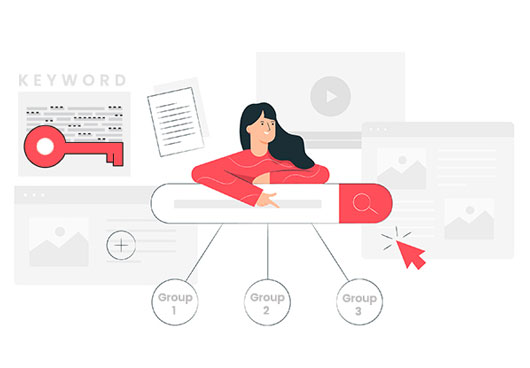
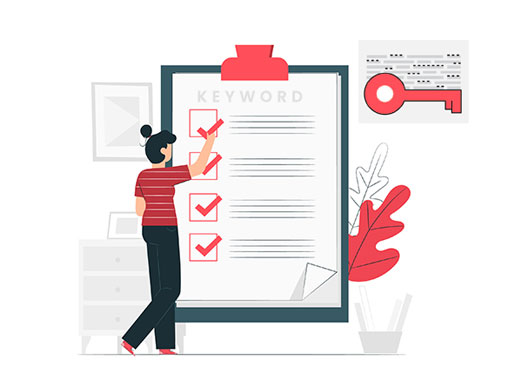


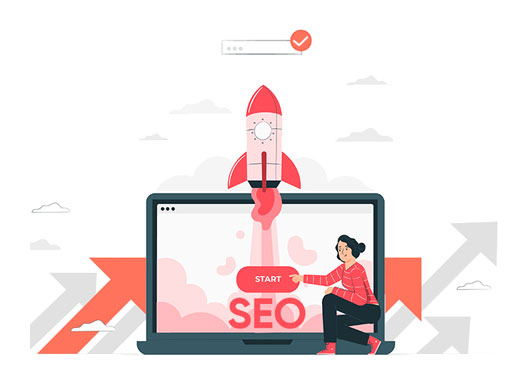
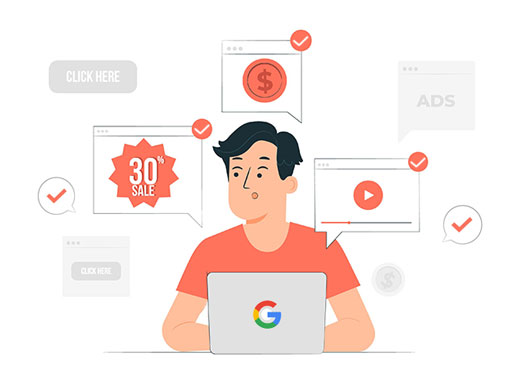




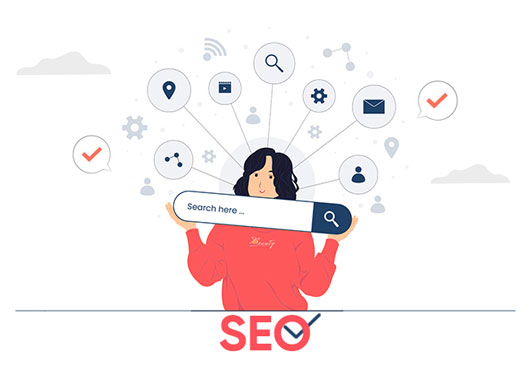


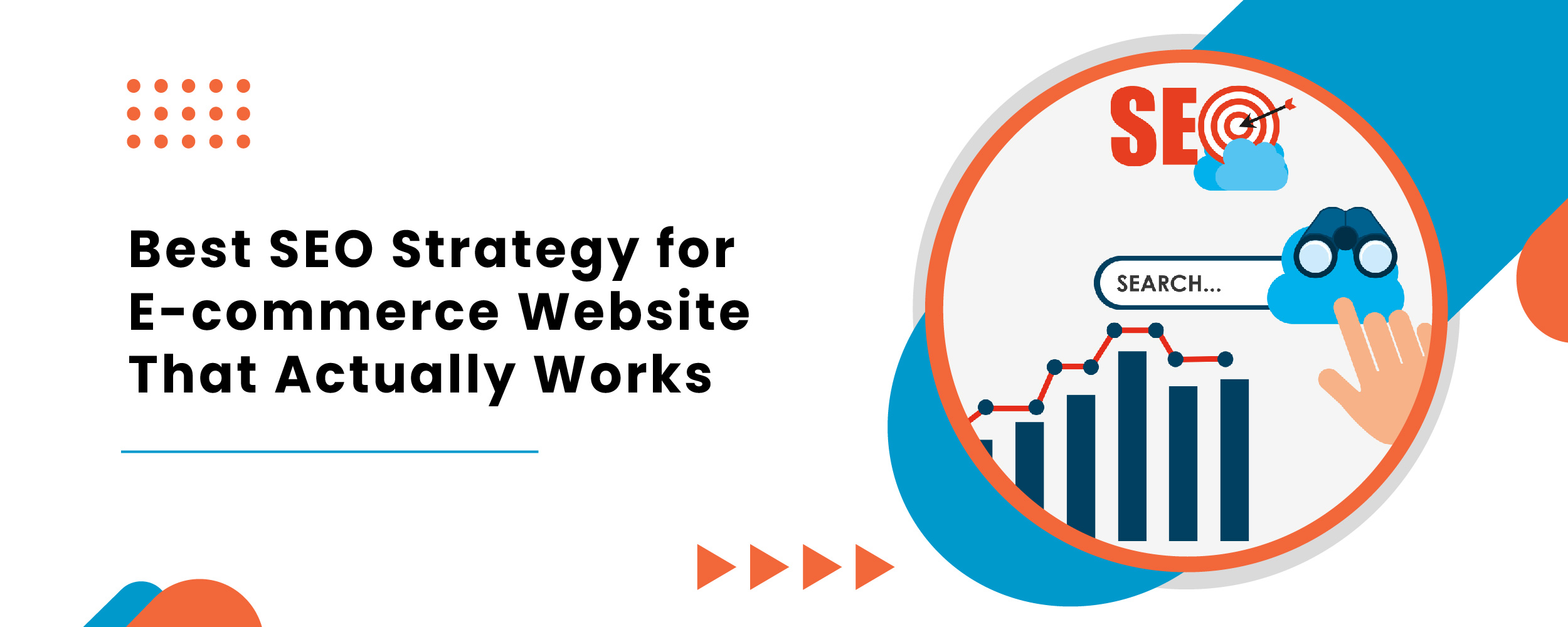
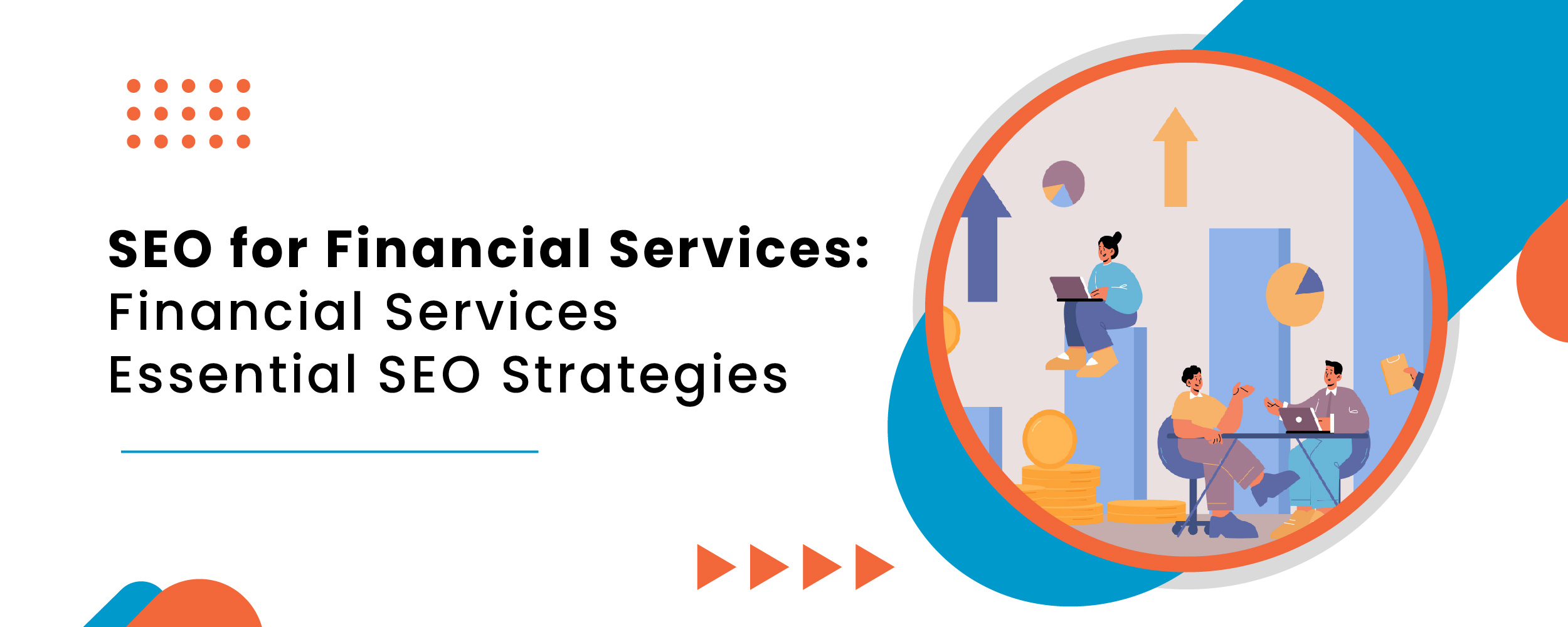





Leave a Reply